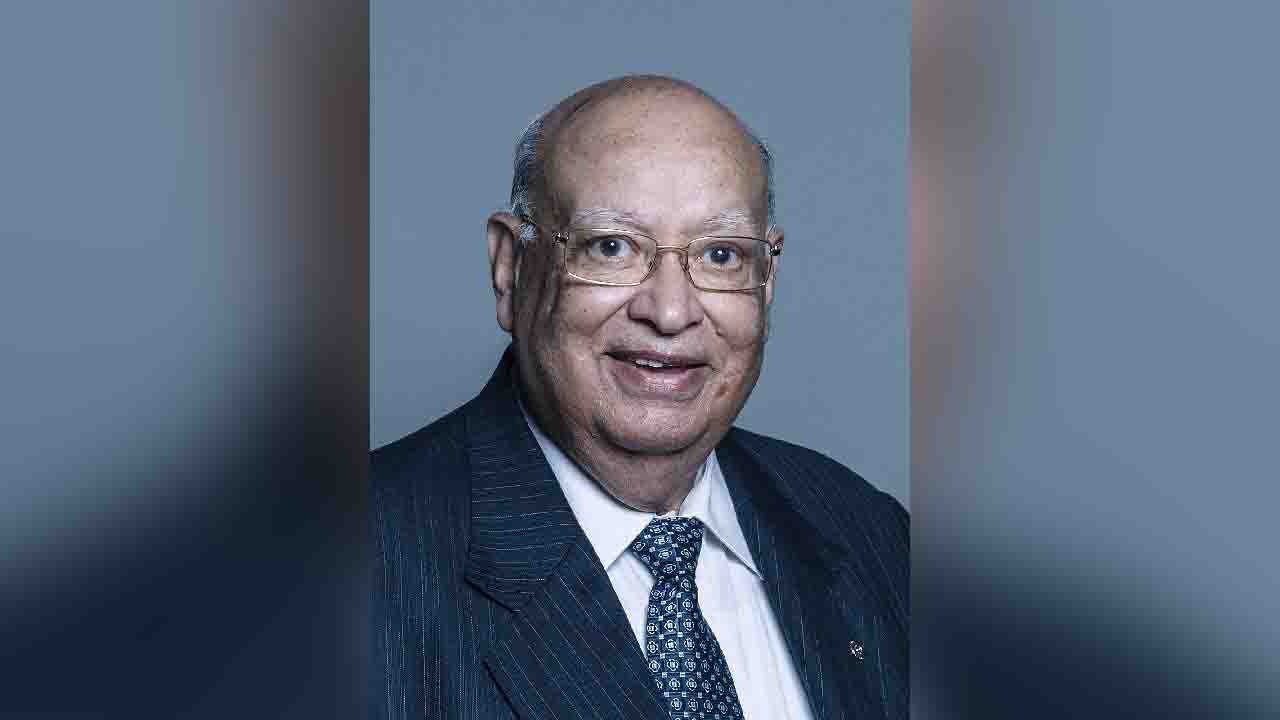United Kingdom (Commonwealth Union)_ In Africa, irrespective of ethnic group, widows are among the most vulnerable and destitute women in the world. Legislative reform in compliance with international treaties has largely failed to take precedence over local interpretations of customary law.
We continue with the debate initiated by Lord Raj Loomba in the House of Lords on International Widows Day. Several members participated enthusiastically in the debate and highlighted the plight of widows in different parts of the world.
Lord Qurban Hussain (Liberal Democrat)
MY Lords, I thank the noble Lord, Lord Loomba, for securing this debate. I will focus my contribution on African widows. In Africa, irrespective of ethnic group, widows are among the most vulnerable and destitute women in the world.
It is a common concept throughout Africa that death does not end a marriage. While the widow may have no rights to ownership of her husband’s property, she is usually expected to fulfill obligations towards her deceased husband through participating in traditional practices. In return, she may be allowed to remain in her home and to have rights to cultivate land. In the past, this pattern of shared duties and obligations in an extended family protected the widow and her children. Today, the custom is more likely to be used to oppress and exploit them….
Widow abuse is visible across ethnic groups, income, class and education. Legislative reform in compliance with international treaties such as the Convention on the Elimination of All Forms of Discrimination against Women has largely failed to take precedence over local interpretations of customary law. In some cases, widowhood may deprive women of their home, agricultural land, assets, and even their children….
However, it is clear that at local level, discriminatory customary rules on inheritance still apply, even though constitutional guarantees or modern laws exist….
However, taboos on discussing such intimate topics have allowed for little research on this aspect of widow abuse in Africa. In light of this, can the Minister say what more can be done with the help of international partners to obtain some reliable data on the state of widows in war-torn countries such as Sudan, South Sudan, Eritrea and Somalia?
Robert Ronald Atwell Lord Bishop of Exeter
MY Lords, I am most grateful to the noble Lord, Lord Loomba, for securing this debate and for his determination to raise public awareness of the economic plight of so many widows across the world. In the Judaeo-Christian tradition which has shaped the values that undergird our country, there is a strong tradition of caring for “the widow, the orphan and the stranger”, and we find that trio of vulnerable individuals recurring throughout Scripture. To put it another way, one of the litmus tests of a society is how it treats those who are most vulnerable to exploitation— those without obvious defenders.

With regard to widows, in the New Testament we are encouraged to make financial provision for those over the age of 60, which is the origin of the historic qualifying age for female retirement pensions, now long since superseded thanks for our increasing longevity in Britain. As we have heard from other noble Lords, provision for widows across the globe varies enormously. However, this debate gives me the opportunity to ask the Minister about our own situation with pensions. I am under the impression—I hope not mistakenly—that all the main parties are committed to maintaining the triple lock on old-age pensions. Can the Minister confirm that His Majesty’s Government is indeed committed to this, lest in lecturing other nations, we be at fault ourselves?
Discussion of the empowerment of widows to achieve economic independence can act as a sort of mirror on the values of a culture. For example, in our own culture, the glamourization of the young, the famous and the beautiful is having the unfortunate effect of sidelining older people in our communities, whose voice—apart from in your Lordships’ House—is often under-represented. When a society glamourizes the young at the expense of older members in the community, it is in danger of losing sight of the gift of experience.
Of course, widows are not a homogenous group, and we should be wary of talking about them and all “older people” in an undifferentiated way. Above all, we need to challenge the narrative that caricatures older people as a burden and instead talk positively, using the language of gift and blessing….
Internationally, as we have heard, the picture is very varied, and widows can be very young. The UN estimates that of the approximately 258 million widows globally, no fewer than 1.36 million are children. The consequences of widowhood for children given in marriage before they are 18 can be severe and lifelong….
With so much to draw on, I hope that this debate encourages widows in every land to share their insights. Their experience should be a toolbox from which we all gain wisdom. (Blitzindia)








